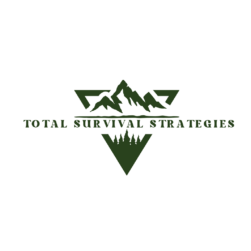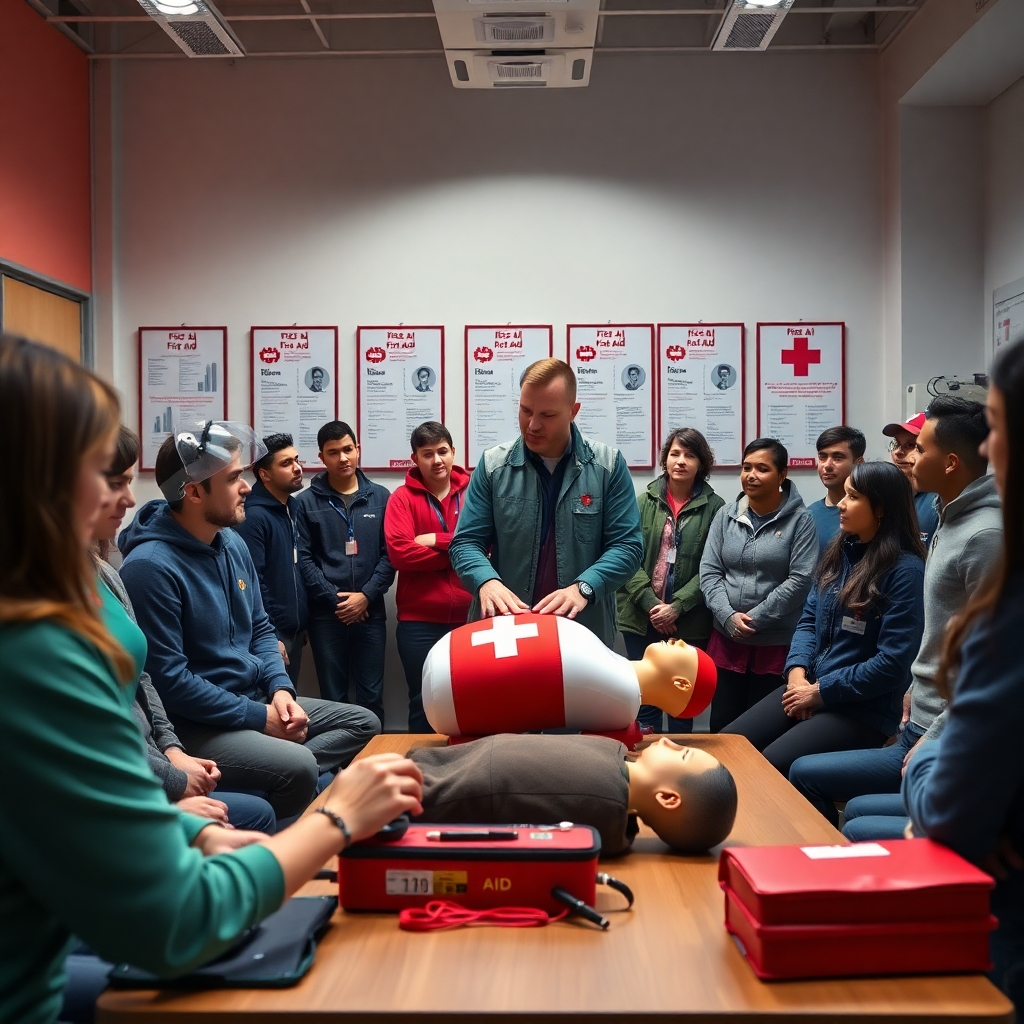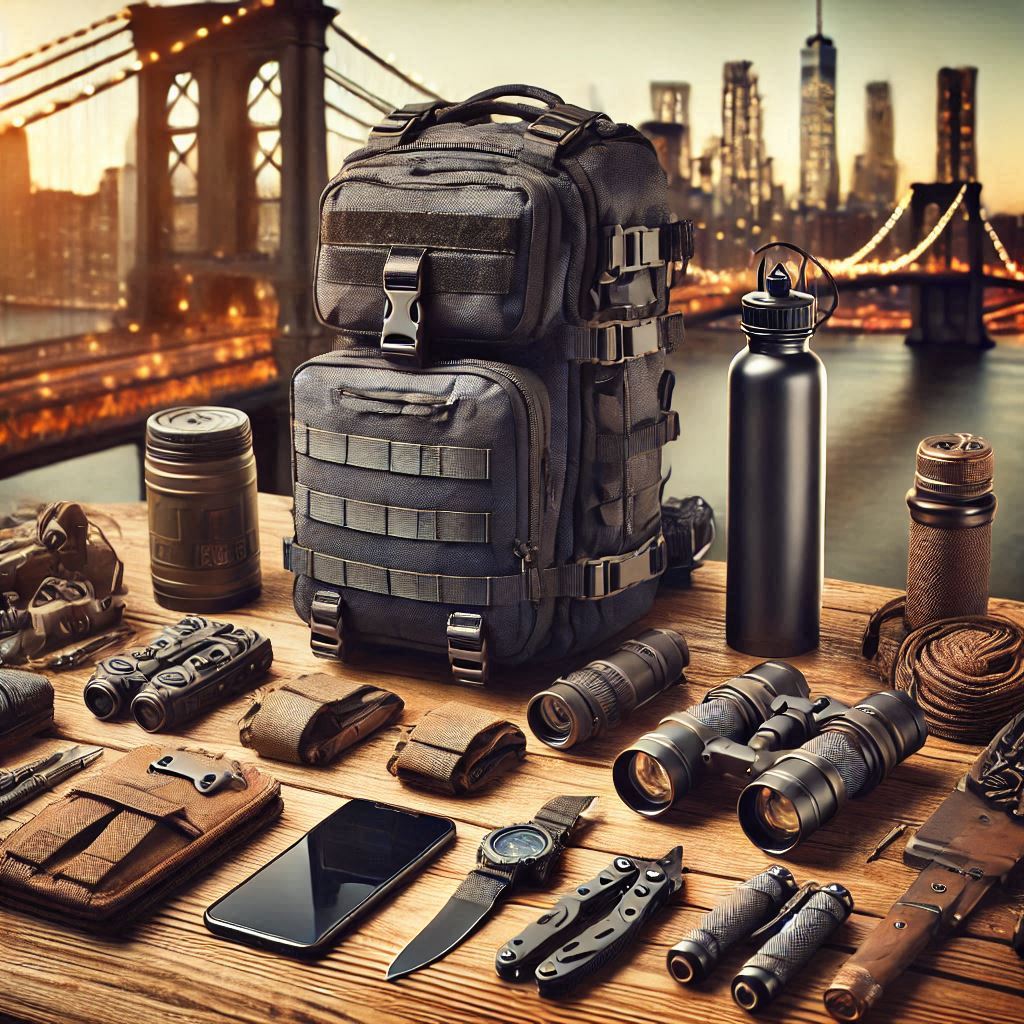Introduction
A well-stocked first-aid kit is a crucial component of any prepper’s arsenal. However, possessing the knowledge to effectively utilize its contents is equally vital. This article delves into ten essential medical skills that every prepper should master. By acquiring these skills, you’ll be better prepared to handle a wide range of medical emergencies, from minor injuries to life-threatening situations.
1. Mastering Basic First Aid
A fundamental skill for any prepper, basic first aid involves the ability to treat common injuries such as cuts, scrapes, burns, and sprains.
- Key Skills:
- Proper wound cleaning and dressing
- Effective use of antiseptics and pain relievers
- Recognizing and addressing signs of infection
- Applying pressure to control bleeding
2. Recognizing and Managing Shock
Shock is a life-threatening condition that can occur after severe injury or illness. It’s essential to be able to identify the symptoms and take immediate action.
- Key Skills:
- Recognizing symptoms: pale skin, rapid pulse, shallow breathing, confusion
- Keeping the patient warm and still
- Avoiding food and drink intake
- Seeking immediate medical attention
3. Fracture and Sprain Management
Knowing how to handle fractures and sprains can significantly reduce pain and prevent further injury.
- Key Skills:
- Immobilizing the affected area with splints or bandages
- Applying the RICE principle (Rest, Ice, Compression, Elevation)
- Distinguishing between fractures and sprains
4. Advanced Wound Care
Proper wound care is crucial to prevent infection and promote healing.
- Key Skills:
- Cleaning wounds thoroughly
- Applying appropriate dressings
- Monitoring for signs of infection
- Knowing when to seek medical attention
5. Cardiopulmonary Resuscitation (CPR)
CPR is a lifesaving technique that can be performed by anyone.
- Key Skills:
- Performing chest compressions at the correct rate and depth
- Administering rescue breaths
- Using an Automated External Defibrillator (AED)
6. Basic Life Support (BLS)
BLS encompasses a broader range of life-saving techniques beyond CPR.
- Key Skills:
- Opening the airway
- Providing artificial ventilation
- Recognizing and responding to choking emergencies
7. Treating Burns and Frostbite
Burns and frostbite can cause significant damage if not treated promptly.
- Key Skills:
- Cooling burns with cold water
- Applying sterile dressings
- Warming frostbite victims gradually
- Preventing infection
8. Managing Extreme Weather Conditions
Extreme weather can pose serious health risks.
- Key Skills:
- Recognizing the signs of heatstroke and hypothermia
- Taking immediate steps to cool down or warm up the affected individual
- Seeking medical attention promptly
9. Water Purification and Hydration
Access to clean water is essential for survival.
- Key Skills:
- Boiling water to kill pathogens
- Using chemical water purification tablets
- Filtering water to remove contaminants
- Recognizing signs of dehydration and taking preventive measures
10. Hygiene and Disease Prevention
Good hygiene practices can significantly reduce the risk of illness.
- Key Skills:
- Proper handwashing technique
- Sanitizing surfaces and objects
- Understanding disease transmission and taking preventive measures
Conclusion By mastering these essential medical skills, you’ll be better equipped to handle a wide range of medical emergencies. Remember, practice is key to proficiency. Consider taking first-aid and CPR courses to enhance your skills and confidence.
We are a participant in the Amazon Associates Program. As an Amazon Associate we earn from qualifying purchases with no additional cost to you. We appreciate your support. Read our complete Affiliate Disclaimer here.



